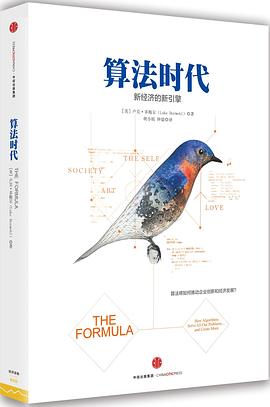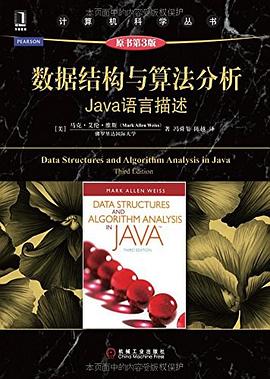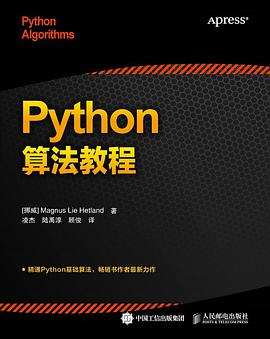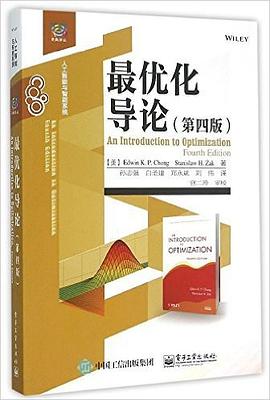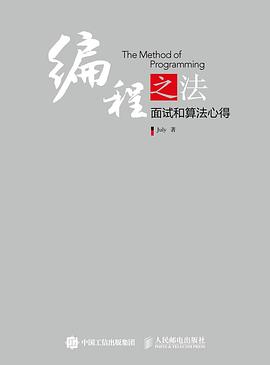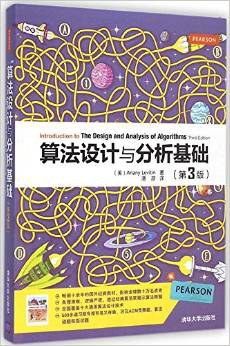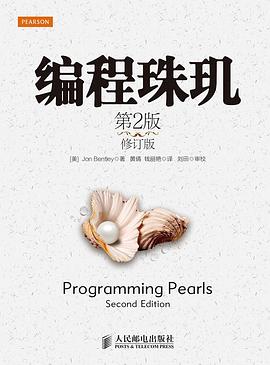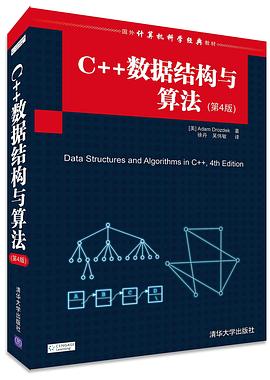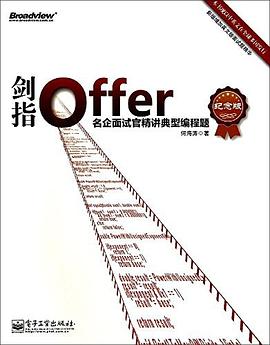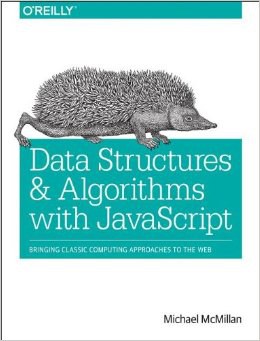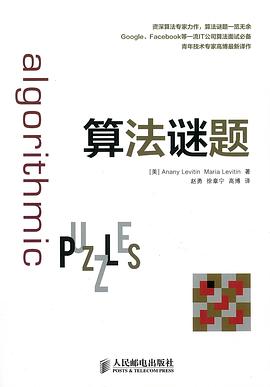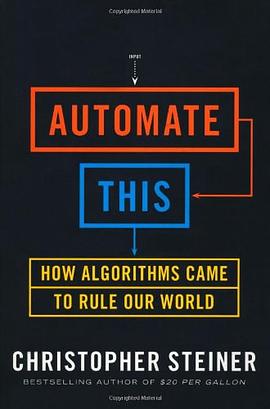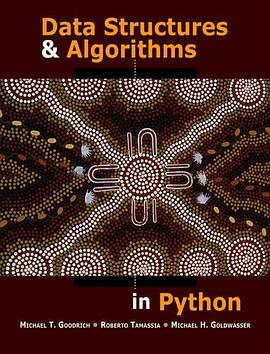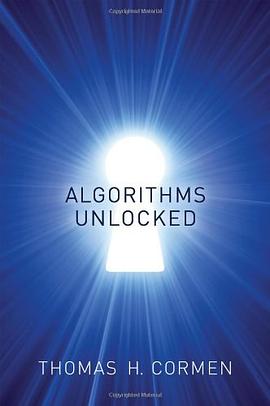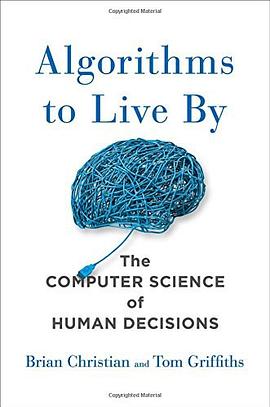

具體描述
About the Author
Brian Christian is the author of The Most Human Human, a Wall Street Journal bestseller, New York Times editors’ choice, and a New Yorker favorite book of the year. His writing has appeared in The New Yorker, The Atlantic, Wired, The Wall Street Journal, The Guardian, and The Paris Review, as well as in scientific journals such as Cognitive Science, and has been translated into eleven languages. He lives in San Francisco.
Tom Griffiths is a professor of psychology and cognitive science at UC Berkeley, where he directs the Computational Cognitive Science Lab. He has published more than 150 scientific papers on topics ranging from cognitive psychology to cultural evolution, and has received awards from the National Science Foundation, the Sloan Foundation, the American Psychological Association, and the Psychonomic Society, among others. He lives in Berkeley.
A fascinating exploration of how insights from computer algorithms can be applied to our everyday lives, helping to solve common decision-making problems and illuminate the workings of the human mind
All our lives are constrained by limited space and time, limits that give rise to a particular set of problems. What should we do, or leave undone, in a day or a lifetime? How much messiness should we accept? What balance of new activities and familiar favorites is the most fulfilling? These may seem like uniquely human quandaries, but they are not: computers, too, face the same constraints, so computer scientists have been grappling with their version of such issues for decades. And the solutions they've found have much to teach us.
In a dazzlingly interdisciplinary work, acclaimed author Brian Christian and cognitive scientist Tom Griffiths show how the algorithms used by computers can also untangle very human questions. They explain how to have better hunches and when to leave things to chance, how to deal with overwhelming choices and how best to connect with others. From finding a spouse to finding a parking spot, from organizing one's inbox to understanding the workings of memory, Algorithms to Live By transforms the wisdom of computer science into strategies for human living.
用戶評價
##Have you updated your OS today yet? #wethebots
評分 評分 評分 評分##37%規則:以買房為例,目標一年內,前 37% 的時間隻看不買,在預算內瞭解一下市場上哪些房子你喜歡,哪些不喜歡,記住這個階段內你看到過的最滿意的那個,等到過瞭 37% 這個時間點,一旦遇到比前一階段那個最好的房子好,或者類似的房子,就毫不猶豫地買下來。數學傢的時間管理思維:1. 最近截止日期優先 2. 如果最近截止日期優先法還是做不完,優先放棄佔用時間最長的任務 3. 如果牽涉到別人的等待時間,則完成時間短的任務優先 4. 小事與要事的衡量公式,任務密度 = 重要程度 / 完成時間,然後按照任務的密度由高到低的順序去做。
評分 評分##37%規則:以買房為例,目標一年內,前 37% 的時間隻看不買,在預算內瞭解一下市場上哪些房子你喜歡,哪些不喜歡,記住這個階段內你看到過的最滿意的那個,等到過瞭 37% 這個時間點,一旦遇到比前一階段那個最好的房子好,或者類似的房子,就毫不猶豫地買下來。數學傢的時間管理思維:1. 最近截止日期優先 2. 如果最近截止日期優先法還是做不完,優先放棄佔用時間最長的任務 3. 如果牽涉到別人的等待時間,則完成時間短的任務優先 4. 小事與要事的衡量公式,任務密度 = 重要程度 / 完成時間,然後按照任務的密度由高到低的順序去做。
評分 評分看之前就比較擔心是不是太trivial都是已經知道的東西,結果不幸料中。不過也好,打消瞭我寫類似書的想法
相關圖書
本站所有內容均為互聯網搜尋引擎提供的公開搜索信息,本站不存儲任何數據與內容,任何內容與數據均與本站無關,如有需要請聯繫相關搜索引擎包括但不限於百度,google,bing,sogou 等
© 2025 book.qciss.net All Rights Reserved. 圖書大百科 版權所有

